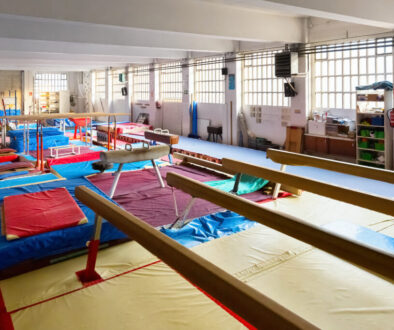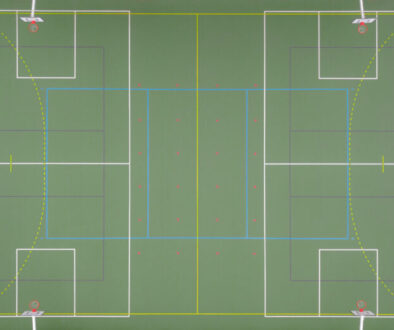Your Guide to Joining an Indoor Sports Facility Franchise
Launching a sports facility from scratch can be a major investment, especially for startups. A more accessible option might be partnering with an established indoor sports facility franchise. If you’re considering this route, here are the key factors to evaluate before turning your location into a franchise.
Why Franchising Works for Beginners
One of the most appealing aspects of joining a franchise is that you don’t need prior experience in managing a sports facility. Franchises are designed to support newcomers with comprehensive training and resources. From day one, you’ll receive:
-
Operational Training: Learn how to manage scheduling, staffing, customer service, and day-to-day operations.
-
Marketing Support: Access proven strategies, promotional materials, and brand guidelines to attract and retain clients.
-
Technology Tools: Use proprietary software to manage bookings, memberships, and performance analytics.
-
Ongoing Guidance: Receive continuous support from the franchise team, including troubleshooting and best practices.
Franchises also assist with staff training, ensuring your team delivers a consistent and high-quality experience. This built-in support system makes franchising a viable path—even for those new to the industry.
Territory Protection and Growth Potential
Another key benefit of franchising is territorial protection. Once approved, your franchise agreement typically includes a protected radius around your facility, preventing other franchise locations from opening nearby. This safeguards your client base and reduces direct competition.
To become a franchisee, you’ll need to demonstrate strong potential for success through market research, demographic analysis, and financial projections. Once accepted, you may also receive first rights to expand into nearby areas—giving you a strategic edge if you plan to grow.
This combination of support, protection, and growth opportunity makes franchising a compelling option for entrepreneurs entering the sports facility industry.
Franchise Costs and Marketing Considerations
Most franchises operate on a royalty model. Some charge a flat monthly fee, while others take a percentage of monthly sales. These terms vary, so it’s important to review the financial structure carefully.
Startups should also prepare for initial setup costs to meet franchise standards, including:
-
Facility Build-Out: Renovations or construction to align with brand requirements.
-
Equipment Purchases: Specialized gear or furnishings needed for operations.
-
Marketing Fees: Contributions to national campaigns, which may not immediately benefit local visibility.
While national marketing builds brand recognition over time, new facilities often need to invest in local outreach to generate awareness in their community. This dual approach can accelerate exposure and client acquisition.
Understanding these financial and promotional dynamics is essential for making an informed decision about joining a sports facility franchise.
Franchise Types and Popular Brands
Franchises vary by sport, with some focusing on specific athletic disciplines and others offering broad performance training. Popular examples include:
-
D-BAT: Specializes in baseball training and development.
-
D1 Training: Focuses on sports performance across multiple disciplines.
-
Shoot 360: Offers basketball-specific training with advanced technology.
Each franchise has its own requirements for franchisees, so be sure to research thoroughly and evaluate which model best aligns with your goals and resources.
How to Choose an Indoor Sports Facility Franchise
Franchises can be a great asset to your sports facility, but they may come with significant upfront costs. Proper evaluation and planning are key to long-term success. If you’re looking for expert guidance on choosing a sports facility franchise, talk to our team. We’ve built successful franchise locations and can help you navigate the process. Book a consultation today.



